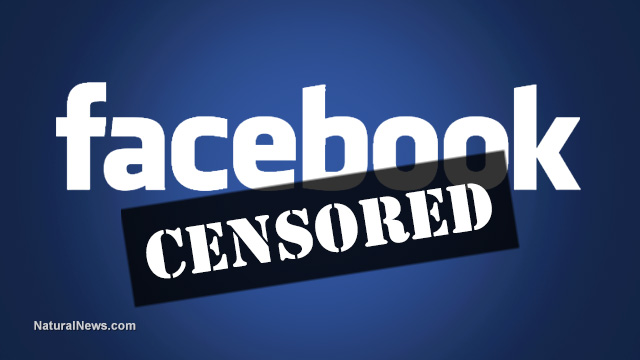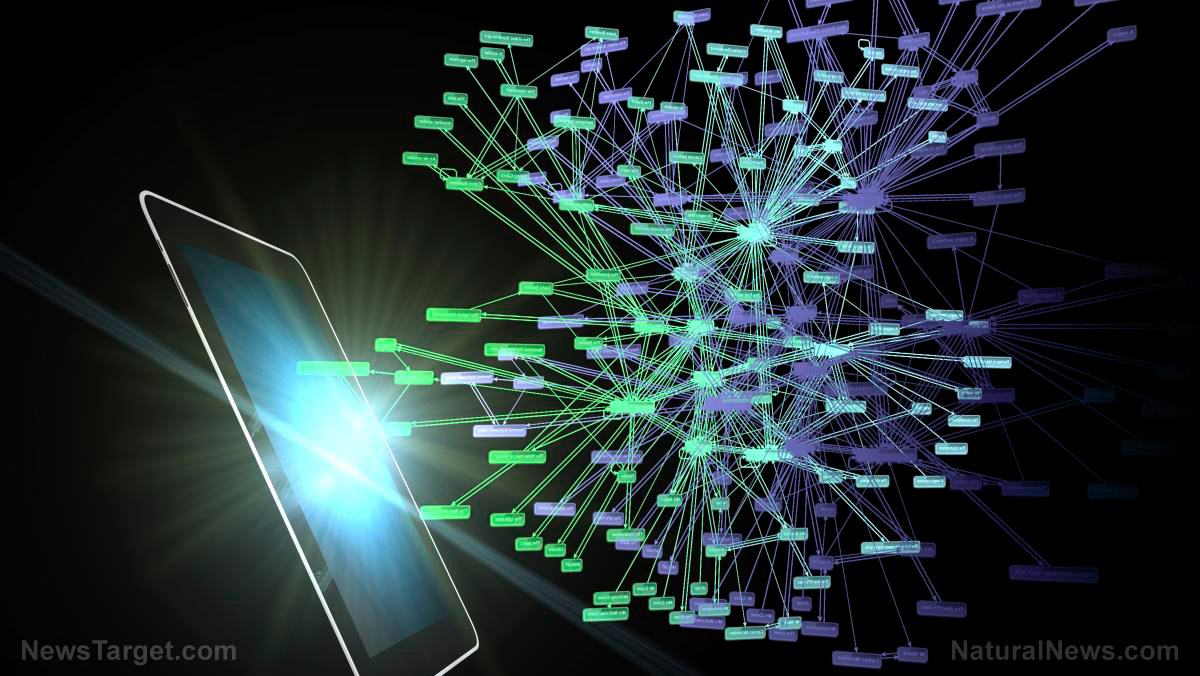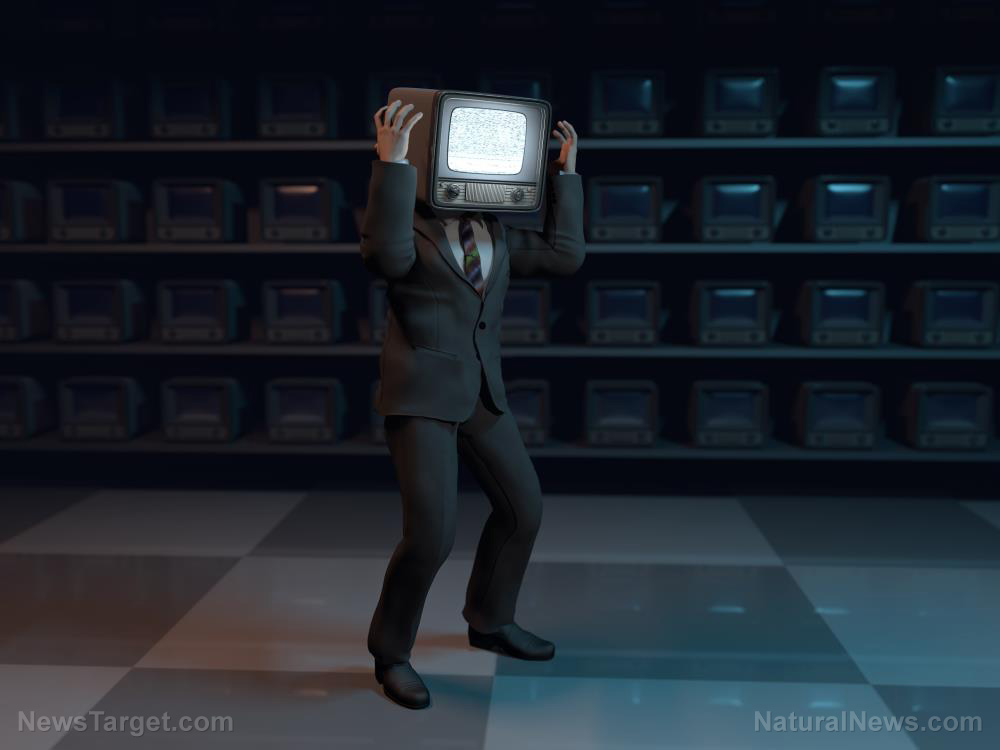There is no escape: New transmitter technology will charge your devices in your pocket, constantly bombarding you with EMFs
01/09/2018 / By Russel Davis

Energous Corporation announced that it has received certification from the Federal Communications Commission (FCC) for its first-generation WattUp Mid Field transmitter. The technology was designed to emit focused, radio frequency-based power to devices at a distance. A company press release read that the FCC certification ushers in a new era of wireless charging for a wide array of small electronic devices such as smartphones, smart watches, fitness trackers, and tablets as well as smart speakers, earbuds, and wireless keyboards and mice.
“Older wireless charging technologies have received limited adoption over the past 15 years, and are confined to contact-based charging only. The FCC certification of Energous’ power-at-a-distance wireless charging transmitter is a major market milestone. It opens up options, outside of just contact-based charging, to Wireless Charging 2.0: an ecosystem where devices can be charged both via pad and at a distance. Untethered, wire-free charging — such as charging a fitness band even while wearing it — is exactly what consumers have been waiting for. We are now in a position to move our consumer electronics, IoT (internet of things) and smart home customers forward at an accelerated pace,” said Stephen R. Rizzone, president and CEO of Energous.
According to the press release, the transmitter can provide power through radio frequency energy to WattUp-enabled electronic devices as far as three feet. The company also touted that the new transmitter is so far the only technology of its kind that can do both contact-based and non-contact-based wireless charging. The WattUp Mid Field transmitter also has the capacity to charge multiple devices at once, and automatically charge them until they get full, the researchers added.
“Providing meaningful power-at-a-distance is a real game changer for wireless charging. As the strategic partner and exclusive world-wide supplier of Energous’ WattUp technology, Dialog provides early adopters with the assurance of chip supply and support that comes from a top tier semiconductor company that ships millions of chips each month into some of the world’s most demanding customers,” added Martin Cooper, Energous Board of Directors member.
New transmitter may result in greater cell phone radiation exposure
The transmitter’s increased reach and radio frequency (RF) power may raise concerns of greater exposure to cellphone radiation.
Just last month, the California Department of Health issued guidelines discouraging people from sleeping near their cell phones for fears of health risks associated with cell phone radiation exposure. The statewide guidelines were a result of local warnings from certain cities such as Berkeley and San Francisco, urging the general public to put a space between mobile devices and their bodies.
According to scientists, mobile phones transmit data using low frequency radio signal that may expose users to unhealthy radiation. The experts also cited various studies linking cell phone radiation to a plethora of adverse medical conditions including cancer, attention and mental health disorders, and reproductive health issues. Likewise, the researchers stressed that the odds of suffering from these serious conditions further increase when users stream or download large files. (Related: No electronics in the bedroom: Any device closer than arm’s length can cause cancer, infertility, and other health concerns, health officials warn.)
Sources include:
Tagged Under: cell phone, charging, device, electronics, EMF, EMFs, exposure, future tech, Glitch, radiation, radio frequency, Smartphones, technology dangers, transmitter, wireless charging
RECENT NEWS & ARTICLES
COPYRIGHT © 2017 GLITCH.NEWS
All content posted on this site is protected under Free Speech. Glitch.news is not responsible for content written by contributing authors. The information on this site is provided for educational and entertainment purposes only. It is not intended as a substitute for professional advice of any kind. Glitch.news assumes no responsibility for the use or misuse of this material. All trademarks, registered trademarks and service marks mentioned on this site are the property of their respective owners.




















